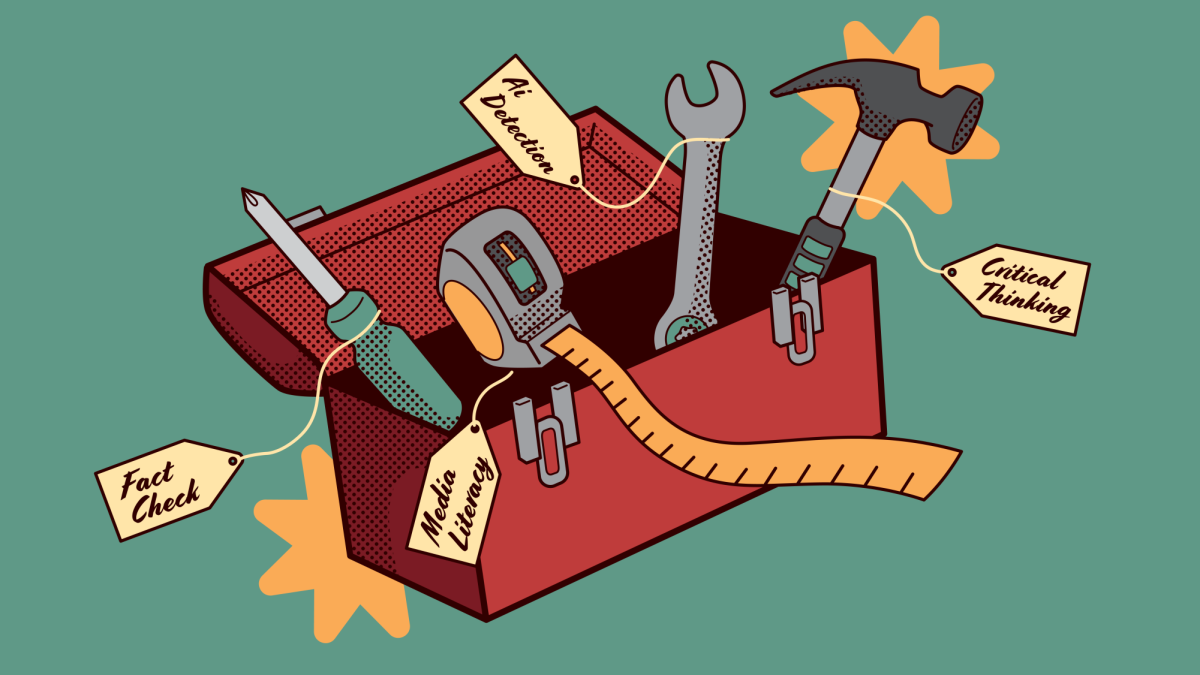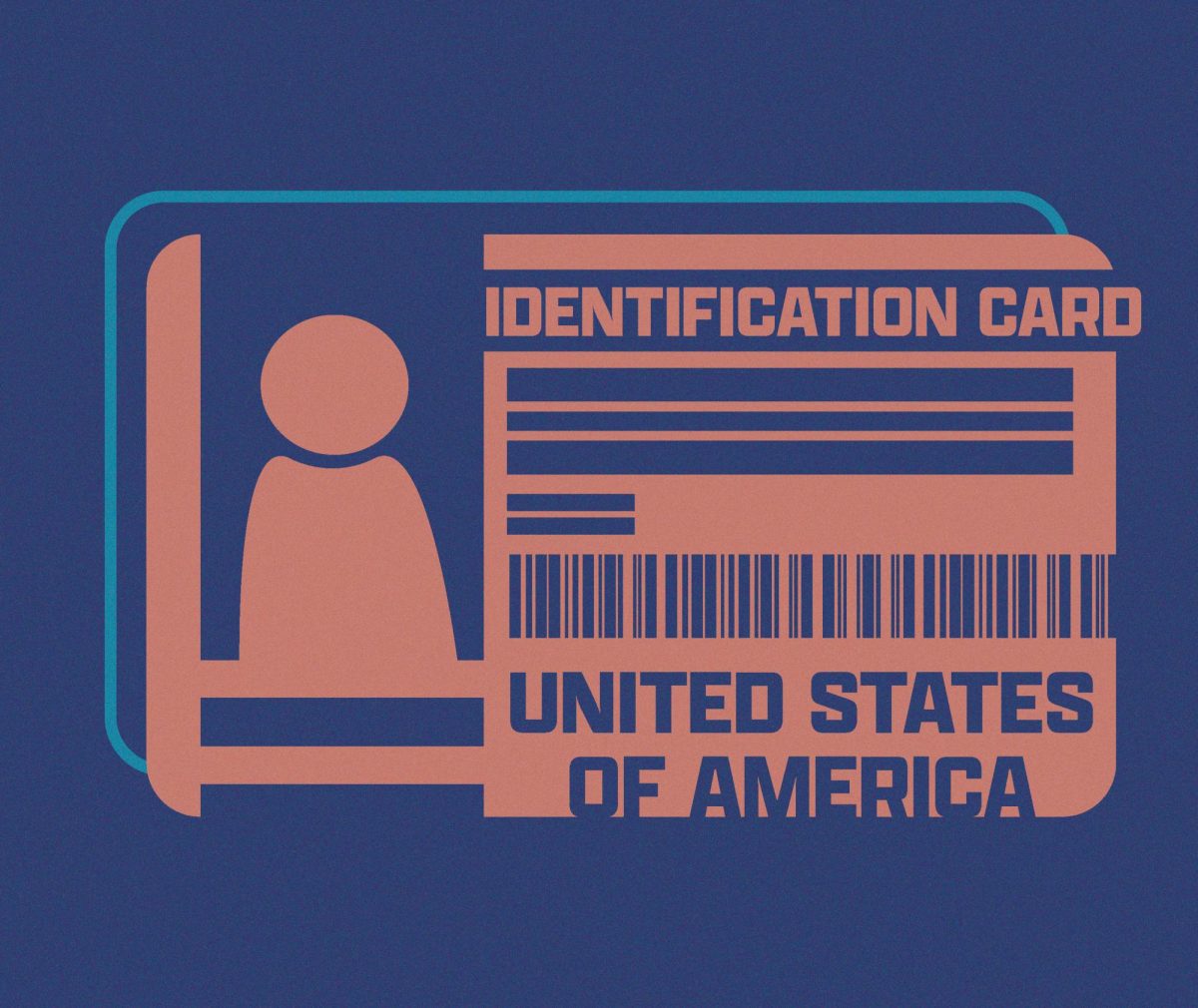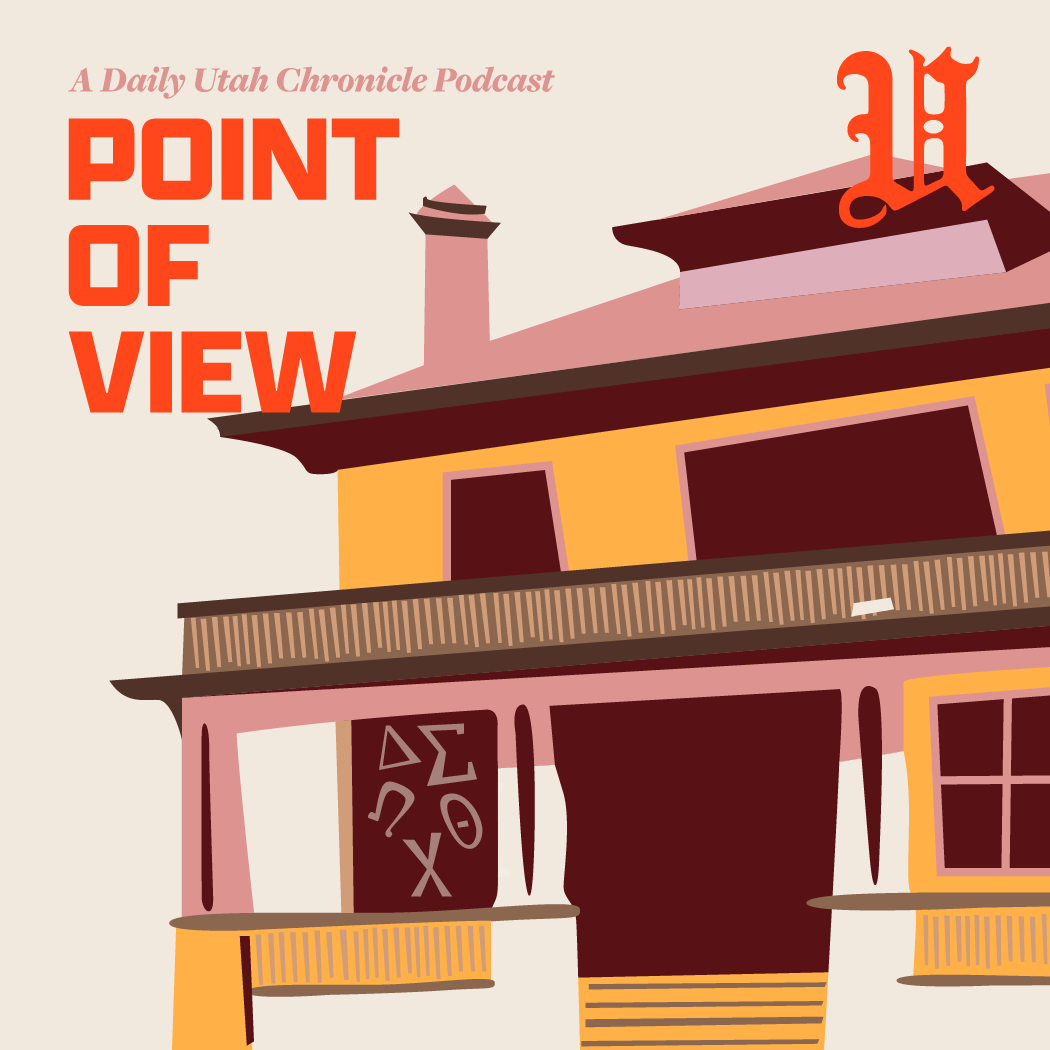Transcript:
Estella Weeks: Hello, everyone, and welcome back to Point of View, The Daily Utah Chronicle’s opinion podcast. My name is Estella Weeks, your host for today’s episode, and I’m joined by Elizabeth Griffee. Elizabeth is an opinion writer here at the Chrony, and she recently wrote an article called “[Griffee:] The Misleading Language of Bills” and it talks all about the wording used in bills and how difficult it is to understand. Elizabeth, thank you so much for talking with us today.
Elizabeth Griffee: Yeah, thank you for having me.
Estella Weeks: So, I want to talk about the language that’s used in bill drafting, and why is it so difficult for the average person to understand?
Elizabeth Griffee: Yeah, so the language that’s used in bill drafting is commonly referred to as just legal jargon, and it requires years of higher education to fully understand. Obviously, the target audience for it should be the average citizen, but really, the target audience is lawyers. And then even if you are a lawyer, so much of like, legal cases just boils down to the language being that complicated and convoluted.
Estella Weeks: So bills are difficult to understand is what you’re getting at?
Elizabeth Griffee: Yes.
Estella Weeks: So when government is drafting up bills, usually the language is not made for just normal people to be able to read and fully grasp the concept of what it means?
Elizabeth Griffee: Yeah, it’s, it’s absolutely not, and that’s an issue because the average people are the people who are voting.
Estella Weeks: So, what is the kind of education that you would need to have in order to fully understand what [the] Utah Legislature is like proposing for bills and stuff?
Elizabeth Griffee: So you would need years of law school to fully understand it. If not that, then you would just need to be a person who’s privileged enough to be in higher education in general. But even then, sometimes they’re written in a way that’s purposefully misleading, almost in order to trick people so that they can get away with passing bills that a lot of the public would not necessarily want to be passed.
Estella Weeks: So do you think there’s like a political agenda with that?
Elizabeth Griffee: Yeah, absolutely.
Estella Weeks: So swaying someone to kind of think a certain way because they can’t fully understand like the vocabulary of what’s being said?
Elizabeth Griffee: Yes, yeah. An example of this is H.B. 257, which was like, it was officially titled, “Sex-Based Designations for Privacy, Anti-bullying, and Women’s Opportunities” but what it actually effectively did was ban trans-Utahns from restrooms that don’t align with their gender assigned at birth. So, it actually doesn’t really have anything to do with women, bullying or privacy, and if anything it’s counterintuitive because it leads to additional bullying when trans people are in the restrooms that don’t line up with the gender that they identify with, and it’s also a decrease in privacy because it ends up making your anatomy and your gender the Legislature’s business.
Estella Weeks: So when people can’t fully understand and grasp the language that’s used in it, and how does it limit them from understanding?
Elizabeth Griffee: So it excludes people who have less access to education or people who English isn’t their first language and that ends up just being classist, and excluding economically marginalized people, and it ends up making involvement within local politics exclusive to those who are more wealthy and do go to college and who aren’t immigrants and have English as their first language.
Estella Weeks: Yeah, so obviously, I think before you said that there was a political reason as to why bills and laws are so full of, I think the term you use was legalese. So what political reasons could there be for that?
Elizabeth Griffee: Yeah, absolutely. So these groups of people, people with less money and access to education and people who English isn’t their first language, they’re also oftentimes the people most affected by these types of legislation. So, if you’re trying to get a bill through that affects a certain group of people, putting in the effort to not let that group of people fully understand what’s being passed gives you an advantage because it promotes those people to be disengaged within local politics.
Estella Weeks: Yeah. I want to go back a little bit to where you’re kind of talking about like elitism and stuff. How is that brought into — is there like a hierarchy system that you feel is put in play when it comes to drafting all of these laws?
Elizabeth Griffee: Yeah, so I definitely think that part of it is just speaking pretentiously and using jargon that’s inaccessible, and I think another part of it is purposeful and a little bit sneaky, because people within the Utah legislature who tried to pass certain bills benefit from certain groups being disengaged from voting.
Estella Weeks: We kind of talked about how it could affect people who can’t fully understand the language, how could this affect normal day-to-day life for us as students or Utah, people who live in Utah? How could it affect their day-to-day life if they’re not able to understand what laws are being implemented?
Elizabeth Griffee: Yeah, so bills and local politics affect every single person’s day-to-day life, and if you are unable to understand what’s occurring politically around you, you are excluded from truly having a say in the way that your community is run.
Estella Weeks: Yeah, yeah, and what are some ways that we could make understanding bills and laws more accessible for everybody?
Elizabeth Griffee: So the usage of what’s commonly known as plain language, which is basically just the way that people talk rather than this legal jargon that’s targeted to the understanding of lawyers rather than normal people, as well as more accessible education so that more people can get to a level of vocabulary where they’re able to understand this, you know, pretentious language that really is unnecessary to use. And also, for those who maybe don’t speak English or English isn’t their first language, better translating programs and more accessible translating programs.
Estella Weeks: Yeah, I definitely think it’s important to make sure everybody is able to understand. This is kind of a double ended question, but do you feel like if we did kind of lean towards more plain language, do you think that it could change the meaning of anything in the bills?
Elizabeth Griffee: Yeah. So even with the complicated language that’s used, the meaning of bills is still debated, and is still very convoluted. So, I think either end of the spectrum you go with just because we’re speaking within the legal realm, that’s always going to be a problem and you might as well face that issue while including every voter within the politics that affects them.
Estella Weeks: Yeah. Or at least, you know, having those bills drafted and they are in legal terms, and then being able to provide for the public a broken down version of it of what they truly mean and how it would affect them.
Elizabeth Griffee: Absolutely. A broken down version of it, which isn’t biased and an attempt to sway people a certain way.
Estella Weeks: Yeah. So as students, I feel like sometimes we don’t really associate ourselves with government and, you know, local government and stuff like that because we are so focused with school. So as a student, what are some of the ways that we can understand bills and laws and why is it important for us to be knowledgeable about these kinds of things and getting involved with local and state government legislative sessions and elections and all of that, since now we are of age?
Elizabeth Griffee: Absolutely. So having the ability to be a student and to be in a space of higher education is such an extreme privilege, and so is having the ability to vote and I think that with those two privileges, you have an ethical responsibility of having just a vested interest within your local government because it really does affect your day-to-day life, especially as a student. It affects your education. It affects what you’re taught and what you can learn. It affects what children are taught and what they can learn. Some good ways that students can get involved: there’s a lot of bill trackers such as the Wasatch [Front] Regional Council Bill Tracker, as well as our very own University of Utah College of Law legislative updates, and a lot of bill trackers will also send you emails automatically about the bills that are currently in house and you can just read those regularly and stay educated. Obviously, voting, everyone says voting, but that’s so important. No one can emphasize that enough, that if you have the privilege to vote, if you then choose not to vote, you’re just throwing that away and that’s an unethical thing to do. And also, especially if you are on campus, there are so many protests that happen on campus that are about local government and local politics and the protests that happen on the University of Utah campus are big and they get covered by the [Salt Lake] Tribune and they get media attention, and they really do get the attention of our lawmakers and they really do make a difference.
Estella Weeks: Well, thank you, Elizabeth, so much for coming on and talking with us about bill and legislation and the verbiage used in it. I really enjoyed this conversation. I learned a lot. I hope our listeners learned a lot. Thank you guys for listening to Point of View, The Daily Utah Chronicle’s opinion podcast. My name is Estella Weeks. I hope you guys stay tuned for more episodes coming this month.
Transcribed by https://otter.ai
Host: Estella Weeks — [email protected]
Producer: Stevie Shaughnessey — [email protected] // @steviechrony
Guest: Elizabeth Griffee – [email protected] //@literallylizzy

























